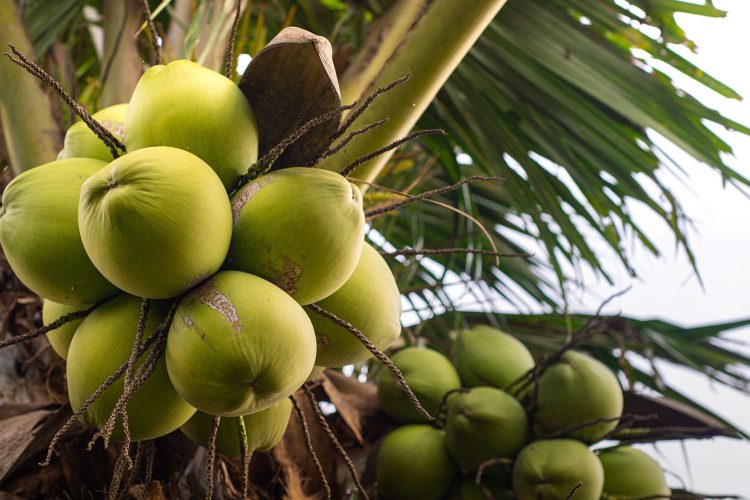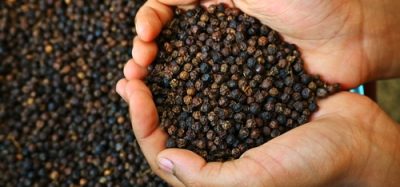How coconuts and citrus plants can help combat gum disease
- Like
- Digg
- Del
- Tumblr
- VKontakte
- Buffer
- Love This
- Odnoklassniki
- Meneame
- Blogger
- Amazon
- Yahoo Mail
- Gmail
- AOL
- Newsvine
- HackerNews
- Evernote
- MySpace
- Mail.ru
- Viadeo
- Line
- Comments
- Yummly
- SMS
- Viber
- Telegram
- Subscribe
- Skype
- Facebook Messenger
- Kakao
- LiveJournal
- Yammer
- Edgar
- Fintel
- Mix
- Instapaper
- Copy Link
Posted: 30 August 2024 | Ian Westcott | No comments yet
Fruit compounds within coconut and citrus plants could protect your teeth


Tropical fruit. Palm tree with green leaves and fruit. Coconut tree in Indonesia.Bunch of coconut on coconut tree. Coconut plantation. Agriculture farm. Organic drink for summer. Exotic plant
Periodontal disease, otherwise known as gum disease, is a serious inflammatory condition caused by infection with periodontal pathogenic bacteria. Impacting both oral and internal health, good oral care is essential for prevention. However, many over-the-counter hygiene products are disinfectants that can be highly irritating. Consequently, this makes them unsuitable for young children and the elderly, who are most vulnerable to the disease. As a result, the door has been open for a more natural and sustainable solution, found in coconut and citrus plants.
Professor Shigeki Kamitani from Osaka Metropolitan University’s Graduate School of Human Life and Ecology led a research team to find an antibacterial agent that is universally safe and effective ijn targeting gum disease. Seven compounds were tested, including prunin laurate (Pru-C12) and its analogues, against the periodontal pathogen, Porphyromonas gingivalis.
The results were promising. Several compounds inhibited bacterial growth, but Pru-C12 stood out with the highest antimicrobial effect. Pru-C12 is be derived from biomass sources such as citrus plants and coconut components, making it a natural and sustainable option.
Professor Kamitani highlighted the benefits of Pru-C12. “Pru-C12 is tasteless and hypoallergenic,” he stated. “If its safety in humans is confirmed in the future, it could be an inexpensive antimicrobial solution.”
The findings, published in the journal Foods, suggest that Pru-C12 could be a game-changer in preventing periodontal disease. This is particularly important for those most at risk, such as young children and the elderly.
The potential of this compound as a safe and effective antibacterial agent is significant. It could revolutionise oral care by offering a natural, non-irritating solution to replace harsh disinfectants currently on the market.
If research successful, this compound could become a widely used antibacterial agent, providing an effective means of preventing periodontal disease across all age groups.









